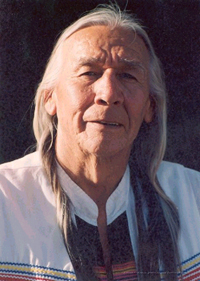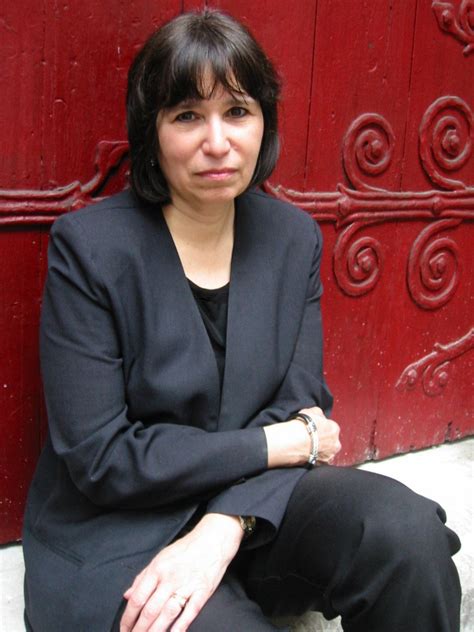A Quote by Anne Michaels
Trees for example, carry the memory of rainfal. In their rings we read ancient weather - storms, sunlight and temperatures, the growing seasons of centuries. A forest shares a history which each tree remembers even after it has been felled.
Related Quotes
Once upon a time there was a crooked tree and a straight tree. And they grew next to each other. And every day the straight tree would look at the crooked tree and he would say, "You're crooked. You've always been crooked and you'll continue to be crooked. But look at me! Look at me!" said the straight tree. He said, "I'm tall and I'm straight." And then one day the lumberjacks came into the forest and looked around, and the manager in charge said, "Cut all the straight trees." And that crooked tree is still there to this day, growing strong and growing strange.
When a tree is cut down and reveals its naked death-wound to the sun, one can read its whole history in the luminous, inscribed disk of its trunk: in the rings of its years, its scars, all the struggle, all the suffering, all the sickness, all the happiness and prosperity stand truly written, the narrow years and the luxurious years, the attacks withstood, the storms endured.
Many people I've met believe that plants are made up of soil-that the tree outside your house, for example, is mostly made from the soil in which it grew. That's a common mistake. That tree is mostly made up of one of the gases in our air (carbon dioxide) and water (hydrogen and oxygen). Trees are solidified air and sunlight.
There is an ancient Indian saying that something lives only as long as the last person who remembers it. My people have come to trust memory over history. Memory, like fire, is radiant and immutable while history serves only those who seek to control it, those who douse the flame of memory in order to put out the dangerous fire of truth. Beware these men for they are dangerous themselves and unwise. Their false history is written in the blood of those who might remember and of those who seek the truth.
Memory, faith, and the natural world as both witness to the cycle of human life and healer to a questioning heart are at the core of this lovely and lyrical collection of poems. The weather changes, people come and go from cities and towns, babies are born, grow up and depart from their parents’ arms, but still, the countryside and its rituals sustain the people and creatures who know how to read the signs of the seasons. In these pages, Laura Grace Weldon shares those signs with us; her poems are the fruit of a wonderful harvest.
Examine the life of the best and most productive men and nations, and ask yourselves whether a tree which is to grow proudly skywards can dispense with bad weather and storms. Whether misfortune and opposition, or every kind of hatred, jealousy, stubbornness, distrust, severity, greed, and violence do not belong to the favourable conditions without which a great growth even of virtue is hardly possible?







































